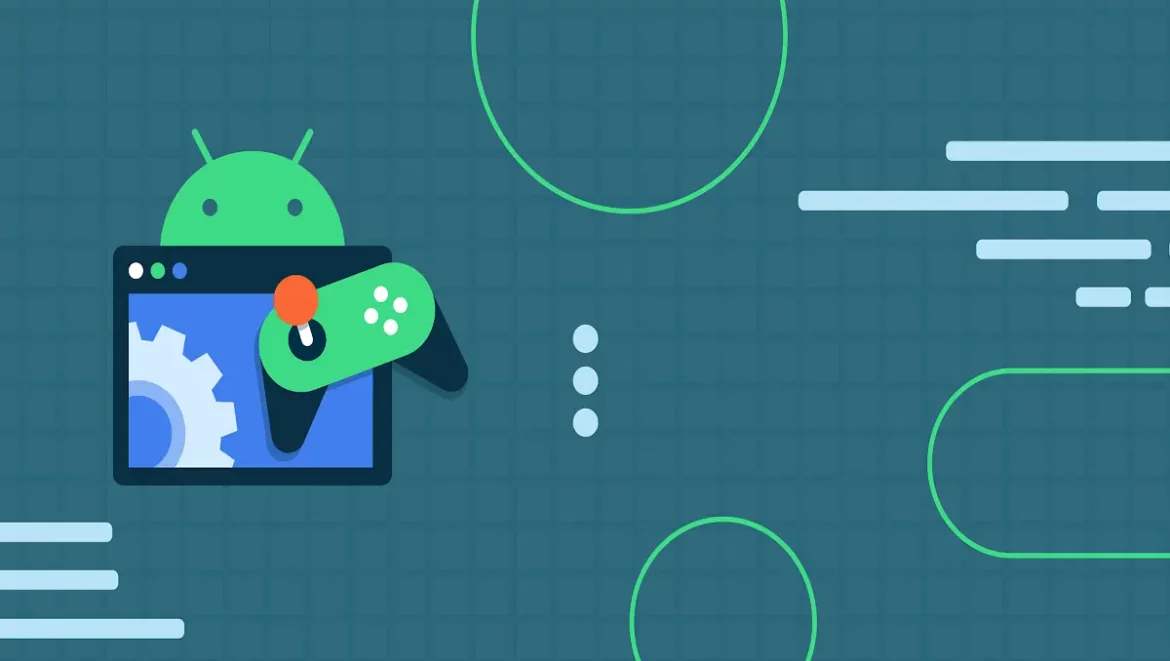Carbon, the latest programming language to be built within Google, was unveiled today as an experimental successor to C++.
| Family | C |
|---|---|
| Developer | |
| First appeared | 19 July 2022 |
| Preview release | 0.1 / 19 July 2022 |
| Typing discipline | Static, nominative, partially inferred |
| Implementation language | C++ |
| OS | Cross-platform |
| Filename extensions | .carbon |
| Website | https://github.com/carbon-language/carbon-lang |
| Influenced by | C++, Rust |
Programming languages are constantly improving and developing, and have been replaced in recent years with models that are even easier to use. Apple’s own Swift language has opened up several possibilities to the less experienced that its predecessor, Objective-C, for example.
Today, at the Cpp North convention in Toronto, as shared by Conor Hoekstra who was in attendance and documented the slides, Googler Chandler Carruth shared the vision for a new programming language called Carbon. To set the scene, Carruth showed how programming languages are constantly improving and developing, and have been replaced in recent years with models that are even easier to use. Apple’s own Swift language has opened up several possibilities to the less experienced that its predecessor, Objective-C, for example.
The language is developed as a free and open source project under the Apache License (version 2).
Hello World Program in Carbon
package sample api;
fn Main() -> i32 {
Print("Hello, world!");
return 0;
}Language Goals of Carbon Programming Language
Carbon is Designed to Support
- Performance-critical software
- Software and language evolution
- Code that is easy to read, understand, and write
- Practical safety and testing mechanisms
- Fast and scalable development
- Modern OS platforms, hardware architectures, and environments
- Interoperability with and migration from existing C++ code
